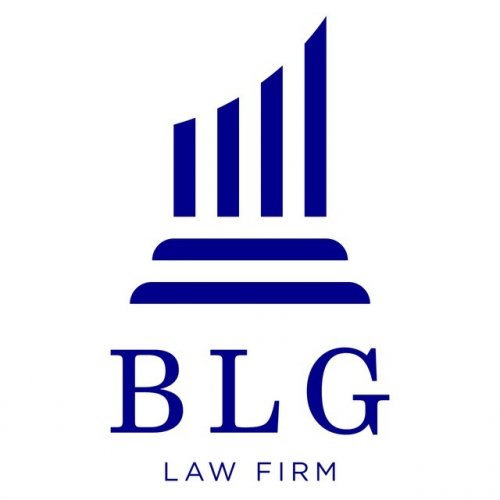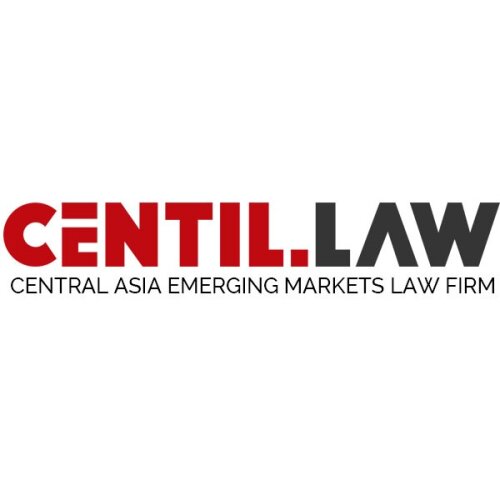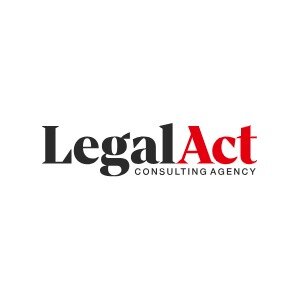Best Tax Increment Financing Lawyers in Tashkent
Share your needs with us, get contacted by law firms.
Free. Takes 2 min.
List of the best lawyers in Tashkent, Uzbekistan
About Tax Increment Financing Law in Tashkent, Uzbekistan
Tax Increment Financing (TIF) is a financial mechanism used to support urban development and infrastructure projects by capturing the future increase in tax revenues. In Tashkent, Uzbekistan, TIF is becoming an essential tool for local governments to revitalize underdeveloped areas and stimulate economic growth. By leveraging the projected rise in property taxes that result from development activities, municipalities can finance necessary improvements without imposing additional tax burdens on the current taxpayers.
Why You May Need a Lawyer
There are several situations where legal advice might be necessary in the context of Tax Increment Financing:
- Understanding the Legal Framework: TIF laws in Uzbekistan can be complex. A lawyer can help clarify the regulations and ensure compliance.
- Project Development and Negotiation: For developers, negotiating terms with the government and ensuring a favorable agreement can often require legal expertise.
- Resolving Disputes: Conflicts may arise between various stakeholders involved in TIF projects, including municipalities, developers, and property owners, necessitating legal intervention.
- Documentation and Compliance: Preparing and reviewing the necessary legal documents to ensure compliance with both local and international regulations.
Local Laws Overview
The legal framework governing Tax Increment Financing in Tashkent is built on the national tax code and regional urban planning statutes. Key aspects include:
- Eligibility Criteria: TIF districts must meet specific criteria related to blight, underdevelopment, or economic need.
- Approval Process: Proposals must receive approval from both local city councils and regional government bodies.
- Financial Arrangements: Detailed laws govern the allocation and use of funds, including caps on the percentage of future tax increment revenues that can be pledged.
- Duration of Projects: The timeframes for TIF projects are strictly regulated, with maximum durations to prevent long-term fiscal risks.
Frequently Asked Questions
What is the primary goal of Tax Increment Financing?
The primary goal is to stimulate economic development in underdeveloped or blighted areas without raising taxes by using the future gains in property taxes to fund current improvements.
Who can initiate a TIF project in Tashkent?
Typically, TIF projects are initiated by local governments but can be proposed by private developers or community organizations to their municipal councils.
How is the financial risk managed in TIF projects?
Financial risks are managed by structuring agreements that cap the percentage of future increments used, ensuring other public services remain funded and establishing clear project completion timelines.
Are there restrictions on the types of projects TIF can fund?
Yes, TIF funds are generally reserved for infrastructure improvements, public amenities, environmental remediation, and other projects that directly support economic development.
How are property owners affected by TIF projects?
Property owners may benefit from increased property values resulting from area improvements; however, they may also face higher property taxes in the future as values rise.
What is a TIF district?
A TIF district is a designated geographic area within which tax increment financing is used to fund redevelopment projects.
How long can a TIF district last in Tashkent?
The duration can vary, but most TIF districts have a defined timeframe, often ranging from 15 to 25 years, depending on the project's scope and financial projections.
Can TIF be used for residential development?
Yes, but primarily in mixed-use developments that include commercial or retail components that contribute to the economic goals of the TIF district.
Is there a limit on the number of TIF districts in Tashkent?
Currently, there is no specific cap on the number of TIF districts, but each must meet strict criteria and receive governmental approval.
Where does the additional tax revenue go after the TIF district expires?
Once a TIF district expires, the increased tax revenues are redistributed to benefit the general municipal budget, schools, and other public entities, as appropriate.
Additional Resources
For more in-depth information and assistance, consider consulting the following:
- Local Government Offices: Contact Tashkent's municipal planning or development departments.
- Legal Practitioners: Engage with lawyers specializing in tax law and urban development.
- Chamber of Commerce: They might offer resources and contacts for businesses seeking to understand TIF.
- Professional Organizations: Associations that focus on urban planning and economic development.
Next Steps
If you need legal assistance with a Tax Increment Financing project, consider the following steps:
- Identify Your Needs: Determine the specific legal questions or issues you have regarding TIF.
- Research Attorneys: Look for attorneys specializing in tax law or urban development within Tashkent to ensure they have the relevant expertise.
- Initial Consultation: Arrange a consultation to discuss your needs and understand how the lawyer can assist you.
- Documentation Preparation: Gather all relevant documents and information related to your project's scope.
- Engage Services: Once you have selected a legal advisor, formally engage their services to provide detailed guidance and representation.
Lawzana helps you find the best lawyers and law firms in Tashkent through a curated and pre-screened list of qualified legal professionals. Our platform offers rankings and detailed profiles of attorneys and law firms, allowing you to compare based on practice areas, including Tax Increment Financing, experience, and client feedback.
Each profile includes a description of the firm's areas of practice, client reviews, team members and partners, year of establishment, spoken languages, office locations, contact information, social media presence, and any published articles or resources. Most firms on our platform speak English and are experienced in both local and international legal matters.
Get a quote from top-rated law firms in Tashkent, Uzbekistan — quickly, securely, and without unnecessary hassle.
Disclaimer:
The information provided on this page is for general informational purposes only and does not constitute legal advice. While we strive to ensure the accuracy and relevance of the content, legal information may change over time, and interpretations of the law can vary. You should always consult with a qualified legal professional for advice specific to your situation.
We disclaim all liability for actions taken or not taken based on the content of this page. If you believe any information is incorrect or outdated, please contact us, and we will review and update it where appropriate.

















